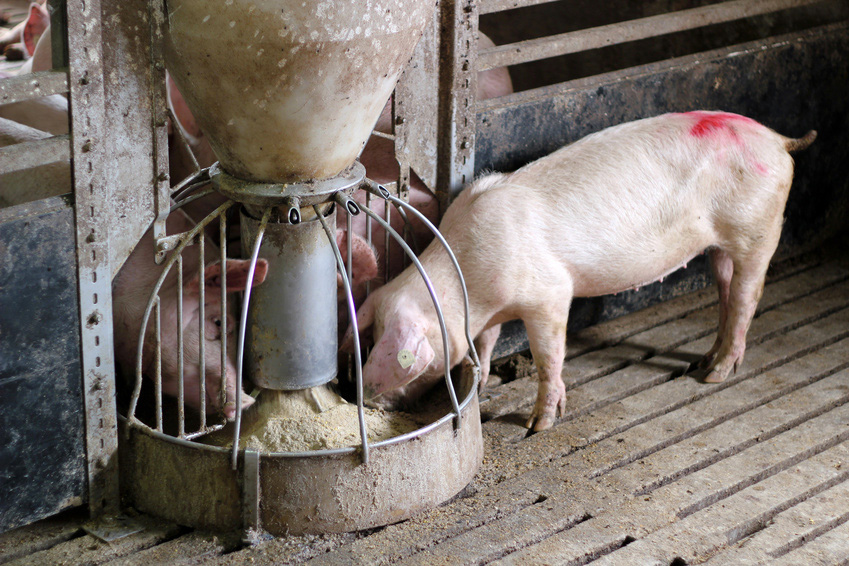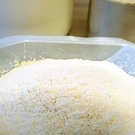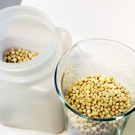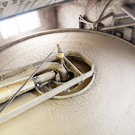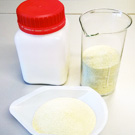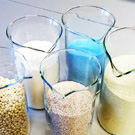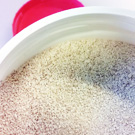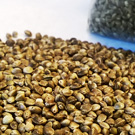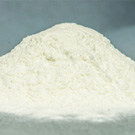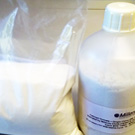Amino Acids and Vitamins
Definition
Amino acids are essential to the formation of all our body proteins. They are joined together in the form of a necklace by peptide bonds. Their ranking is entirely dependent on our DNA, and more precisely, on our genes. The assembly process takes place at our cell level, in the endoplasmic reticulum (membrane situated in the cytoplasm) and is referred to as the translation. There are 20 natural amino acids, that is to say an enormous number of possible combinations in the chain, and thus in the number of proteins formed.
Essential amino acids are distinguishable from non-essential amino acids. Although some amino acids are called non-essential, they are all indispensible to the body for carrying out the various functions required.
- Essential amino acids are distinguishable from non-essential amino acids. Although some amino acids are called non-essential, they are all indispensible to the body for carrying out the various functions required.
- Non-essential amino acids are synthesized by the body using other amino acids, vitamins and carbohydrates.
Amino acids in animal feeding
Proteins are present in all plant tissue: leaves, stems, roots, seeds, etc.
The protein composition varies according to the different plant species. For example, soya, and its derivative, soya meal, are particularly rich in lycine. The art of the formulator is to create and adjust every day, the formula according to the variables of the cereal (corn, maize, soya, soya meal, rape seed, etc.) and the amino acids (lysine, threonine, methionine, tryptophan) while guaranteeing optimum productivity for the breeder.
Farm animals always emit too high a proportion of what they ingest. This has both economic and environmental consequences. Synthetic amino acids are comparatively more expensive than cereals, but have this properties of being directly assimilated which increases animal production productivity while limiting the waste - which is important from an environmental perspective.
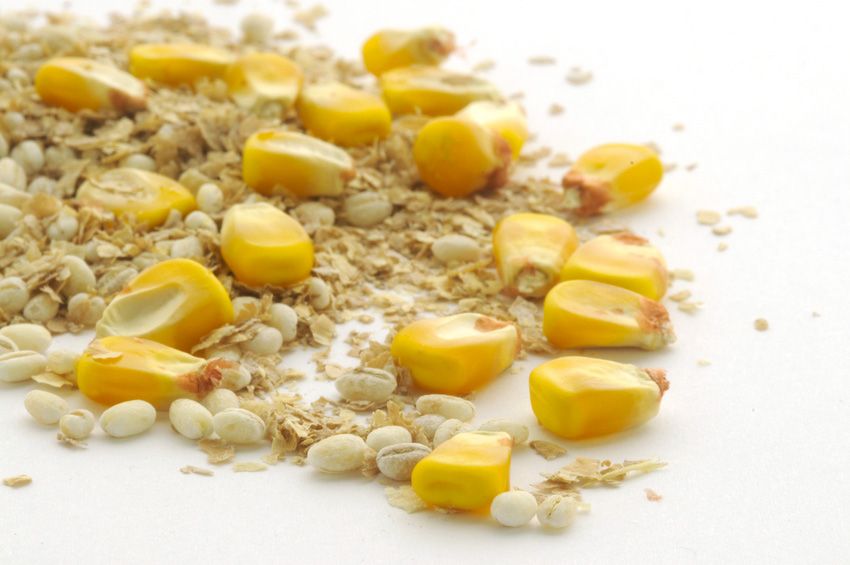 Cereals are a natural source of amino acids
Cereals are a natural source of amino acids
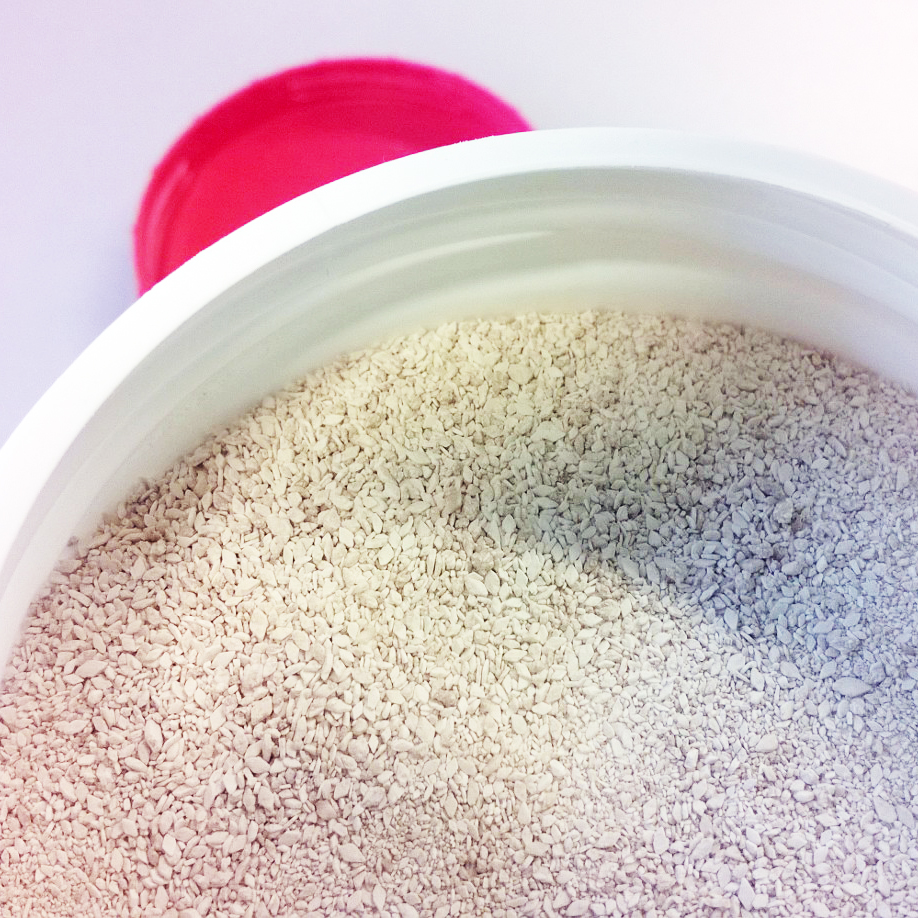 L-Lysine Monochlorhydrate
L-Lysine Monochlorhydrate
